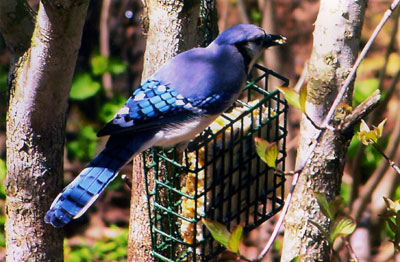All Nonfiction
- Bullying
- Books
- Academic
- Author Interviews
- Celebrity interviews
- College Articles
- College Essays
- Educator of the Year
- Heroes
- Interviews
- Memoir
- Personal Experience
- Sports
- Travel & Culture
All Opinions
- Bullying
- Current Events / Politics
- Discrimination
- Drugs / Alcohol / Smoking
- Entertainment / Celebrities
- Environment
- Love / Relationships
- Movies / Music / TV
- Pop Culture / Trends
- School / College
- Social Issues / Civics
- Spirituality / Religion
- Sports / Hobbies
All Hot Topics
- Bullying
- Community Service
- Environment
- Health
- Letters to the Editor
- Pride & Prejudice
- What Matters
- Back
Summer Guide
- Program Links
- Program Reviews
- Back
College Guide
- College Links
- College Reviews
- College Essays
- College Articles
- Back
Better Pesticides MAG
Did you know that your non-organic fruits and vegetables are covered in dangerous chemicals that you ingest every day? Apples and other fruits are treated with pesticides so dangerous that workers applying them must take extreme precautions and stay out of the orchard for 232 days following treatment. Many pesticides are great at killing pesky insects, but what do they do to us? Recently, alternatives have been found, alternatives that do not affect humans at all.
With recent scientific research, bacterial and viral pesticides have been found to be just as effective as the dangerous synthetic ones. Some of the bacterial agents currently used contain Bacillus thuringiensis, which has different strains specific to an insect species. This bacterium is used mostly by organic farmers and is effective. When the insect eats the bacteria, it swells, stops eating the fruit or vegetable, and eventually dies. The bacterium is immobile and is not capable of contaminating a water source, unlike synthetic agents.
A new virus has been introduced to control a pesky tree fruit insect called the codling moth (or Cydiapomonella). The virus Cydia pomonella granulovirus is specific to the moth. When ingested, it gives the insect flu-like symptoms that eventually kills it. This pesticide is also not capable of contaminating a water source and is virtually harmless to humans.
Why would farmers use harmful pesticides when there are safe alternatives? While chemical pesticides are cheaper and kill all insects on the crop, the cheapest way isn’t always the right way.

Similar Articles
JOIN THE DISCUSSION
This article has 0 comments.
